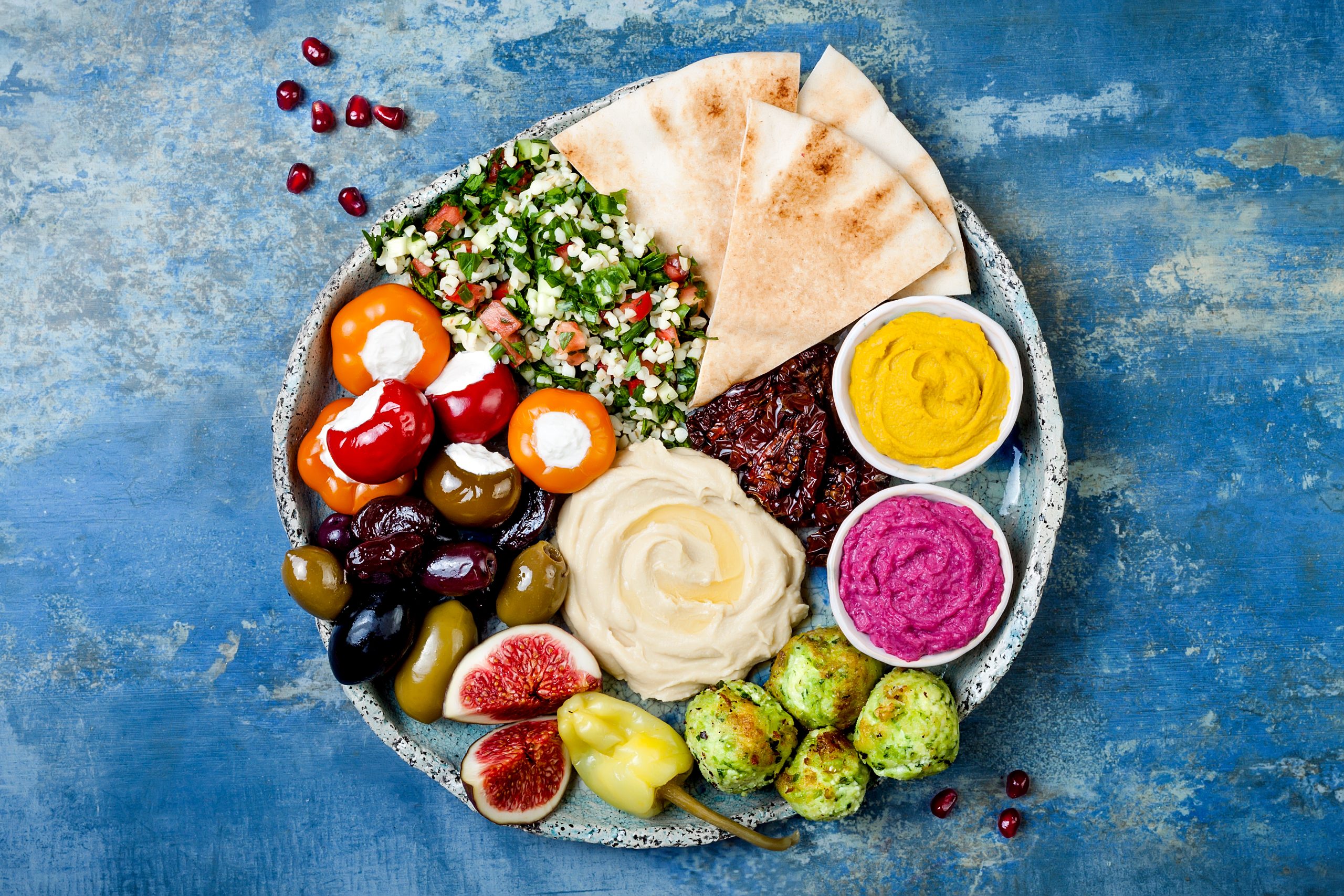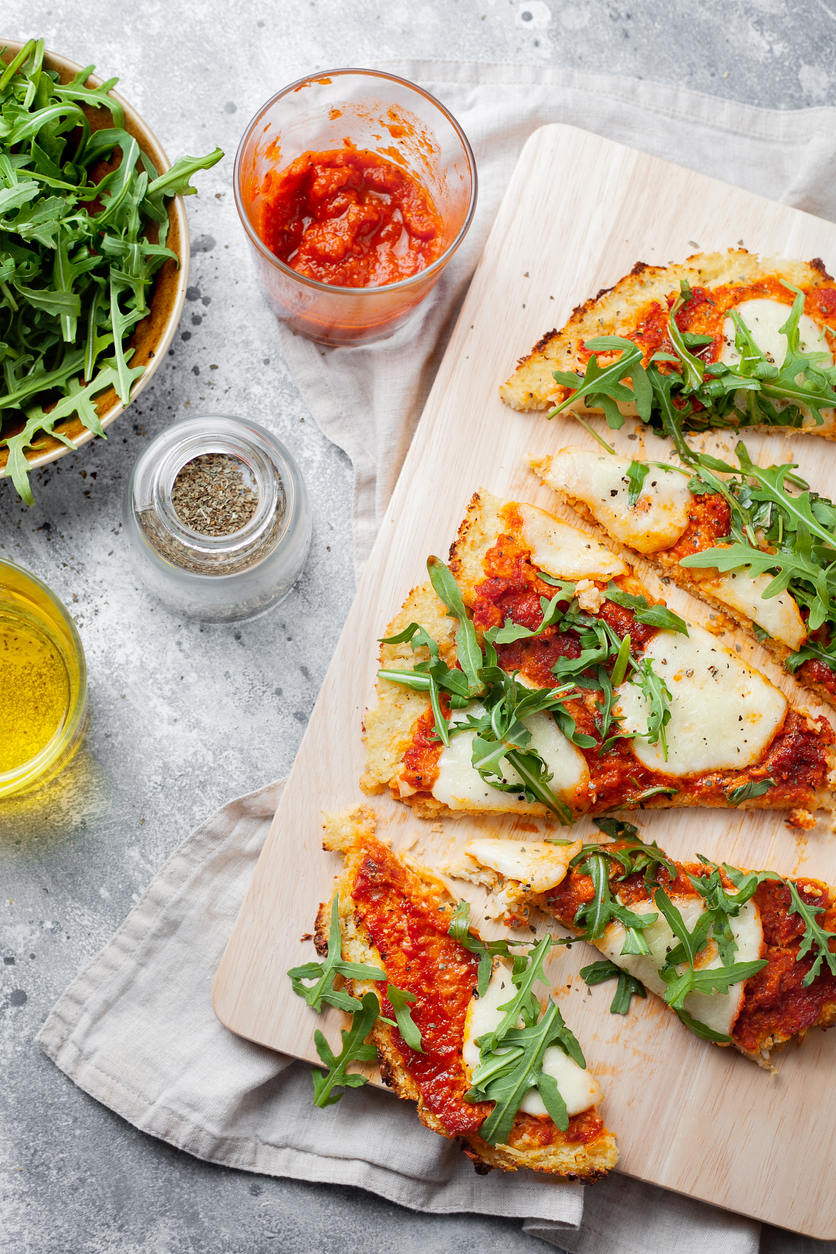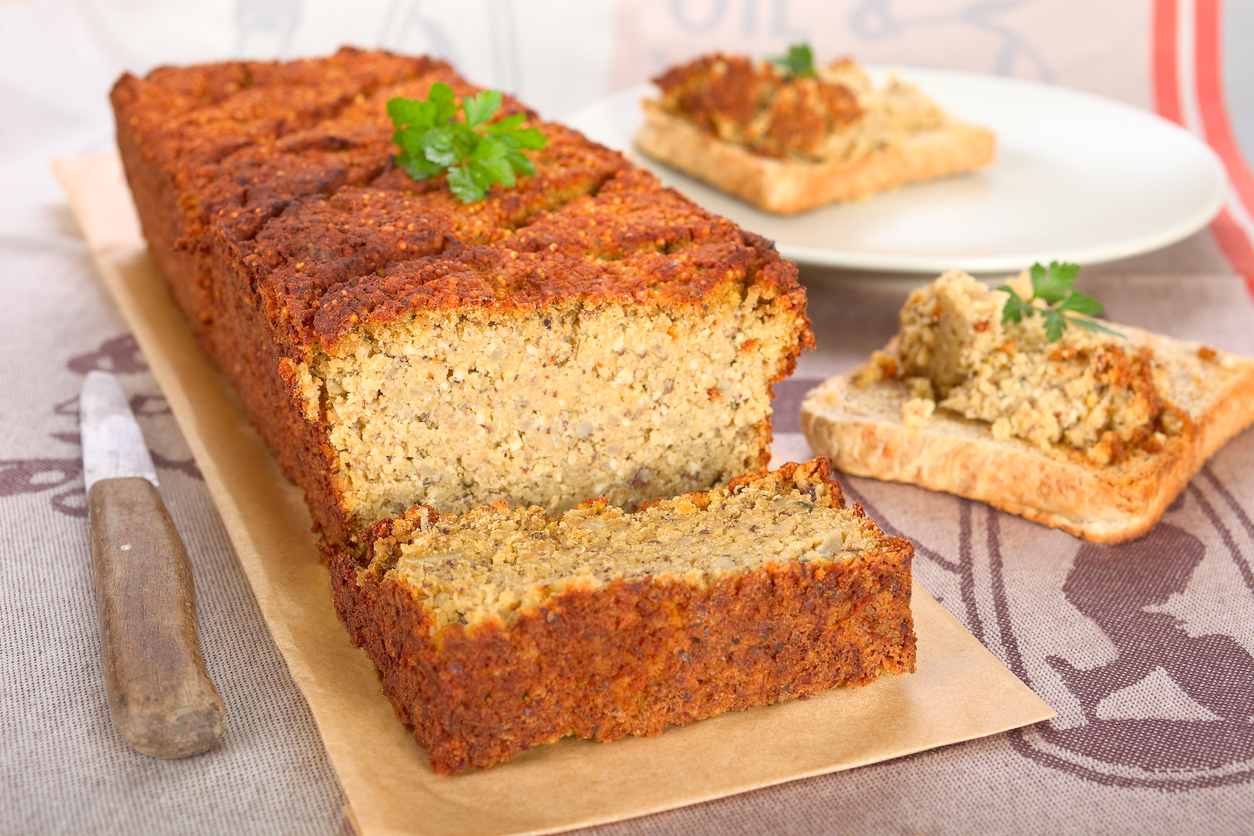
Med Spread
Eating like they do in countries surrounding the Mediterranean Sea has been shown to have positive effects on chronic disease risk and mental health. The Mediterranean diet is founded in a daily abundance of vegetables, fruit, nuts, seeds, legumes, olive oil and unrefined grains. They also add seafood, poultry, cheese and yogurt a few times per week but limit sweets and meat to occasional consumption. Celebrate the Mediterranean way of eating with your family by filling the table with an assortment of traditional dishes:
- Hummus—easy to make at home from chickpeas, olive oil, tahini, garlic and lemon (or pick up a locally made one). Also consider trying another dip like Baba Ghanoush, made from roasted eggplant.
- Feta or goat cheese—experiment with cheeses made from goat or sheep’s milk for variety and flavour.
- Olives—choose an assortment of different sizes and colours.
- Veggies—roasted, pureed into dips, tossed in a salad or try mushrooms sautéed in garlic and white wine. Be sure to include 3 or 4 different vegetables.
- Olive oil—as a dip for bread, drizzled on veggies or legumes—the greener the better for loads of antioxidants called polyphenols.
- Grain salad—try our recipe for Warm Walnut Barley salad or experiment with other whole grains like farro or millet.
- Whole grain pita bread—although a refined grain product, many kinds have very few ingredients.
- Fruit—figs, grapes and dates are nature’s candy and pair well with cheese—enjoy dessert while you’re eating dinner!
Recipe by Nicole Fetterly, RD



